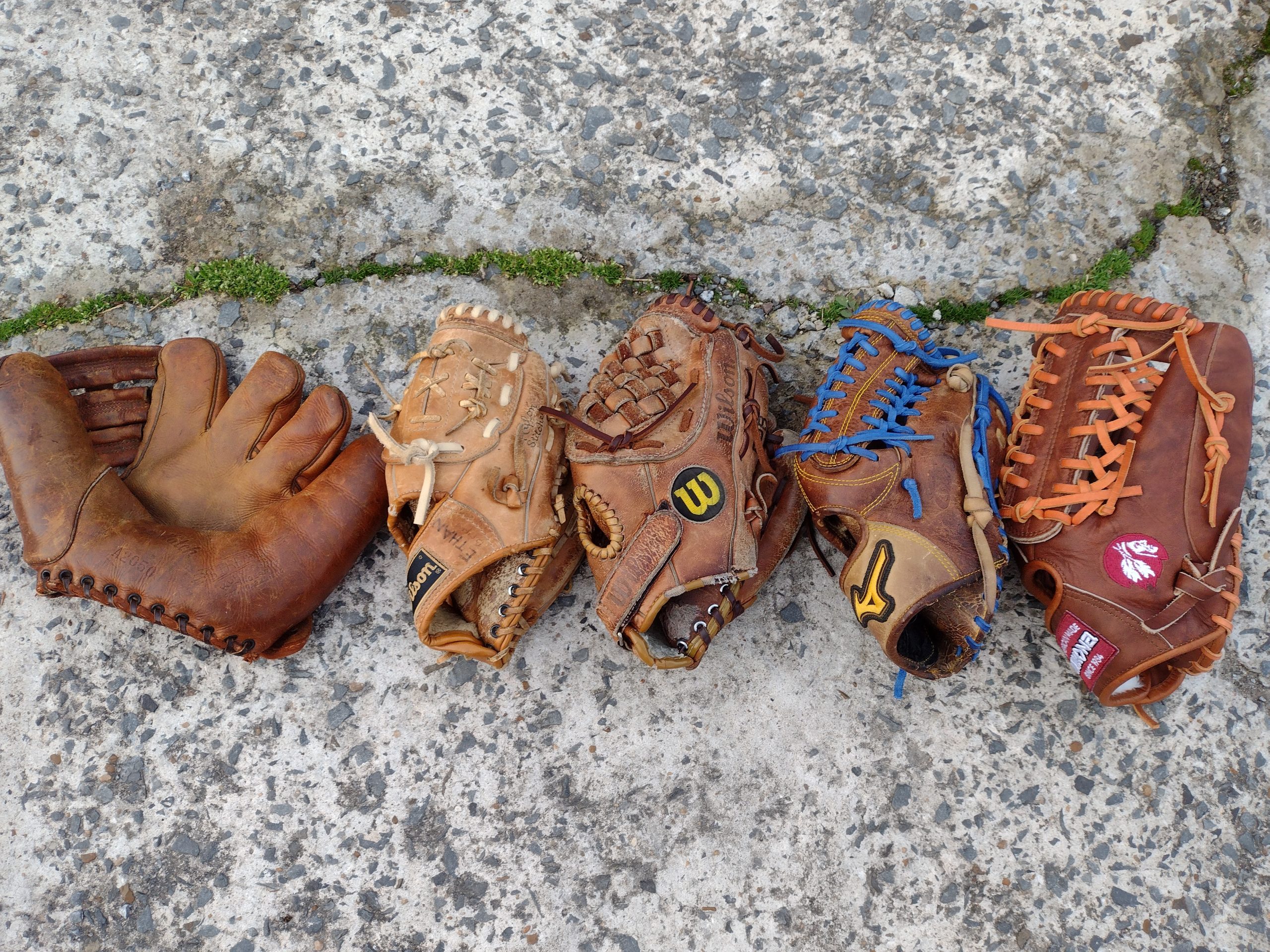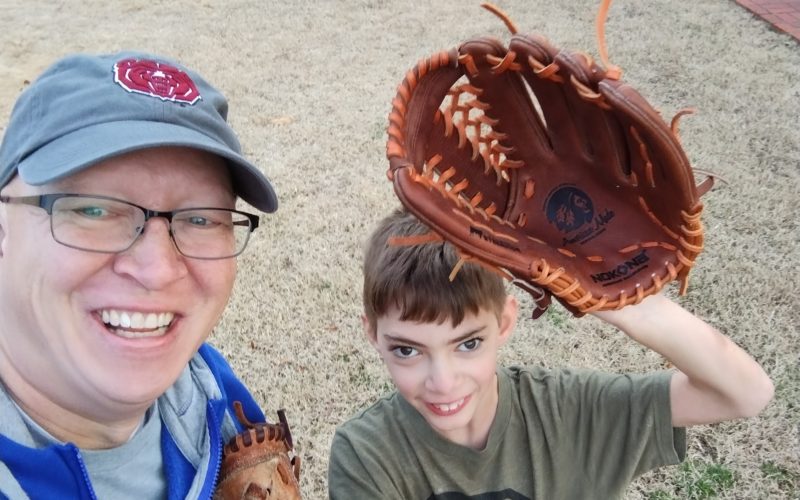I love the principle of infinite games — see the work of James Carse, Simon Sinek, and Seth Godin.
In an infinite game, the rules are flexible, adaptable, and changeable, which means players can play the game however they want.
The simple objective of an infinite game is to keep playing as long as possible.
Playing catch is an infinite game. The “rules” adjust so the catch partners can play as long as their hearts desire and their arms will allow. New catch partners are welcome to join in and participate in the endeavor. Weather, time, and a desire for a snack are the primary constraints for ending a game of catch.
Throw. Catch. Repeat.
This morning, Henry woke up with enough energy to power a small city and more questions than a week’s worth of Jeopardy answers. After he finished his homemade pumpkin bread, I asked him if he wanted to go play catch outside.
“That is an amazing idea, Uncle E!”
That is an uncle’s job — having amazing ideas early on a Friday morning.
I grabbed my backpack full of gloves and emptied them on the ground.
“Which one is oldest?” Henry asked. I arranged them in order of when they were made, not in order of when I received them.

For today’s catch, Henry decided he wanted to try all of them.
He asked if it was okay if he threw the ball “as high as I can,” to me. There may have been more than one throw that was launched over my head and into the street, but no cars were hit. Several of Henry’s throws were perfect cans-of-corn, reminding me of the day Dad first taught me how to catch pop-ups.
We laughed and used all the gloves and I really didn’t want it to stop. Henry kept asking questions about gloves and playing catch, experimenting with a variety of ways of throwing the ball “as high as I can.”
When it was time for Henry to leave for school, I packed away my gloves.
I think schools need to give students opportunities to play catch.
When students have a little extra energy and recess is past, or they are having difficulty focusing on the subject at hand, or maybe they just need a little encouragement and support from a caring adult in their life, what if they could step outside for 10 minutes and play catch? What if they could experience, just for a few minutes, sheer wonder and possibility and let creativity and curiosity bubble up? What if playing catch could help strengthen relationships between students, as well as help a student better understand themselves?
Education often has a finite game mentality, which is completely out of place. No one wins getting an education. There are no winners and losers at school, even if there are class rankings. Even if I was once part of the Losers Club. The whole point of school is to ignite a spark of curiosity and hunger for learning that lasts for a lifetime in each and every student, and to learn how to do so in a community – life and catch are meant to be shared.
Henry’s morning questions were proof that spark and hunger for knowledge is alive and healthy.
I cannot help but worry about middle school and beyond.
That’s the age where peers tend to notice excessive energy and curious questions. That’s the age where those who are deemed “different” are made to feel they don’t belong. That’s the age that spark is often snuffed out, that hunger is placated by things less than ideal.
I am so grateful for Henry’s parents. They do a good job of giving him the freedom to be himself, to ask all the questions, to explore and research everything under the sun.
And I am so lucky to be Henry’s uncle. I’ll gladly chase down the balls that bounce across the street for the chance to keep on playing.
